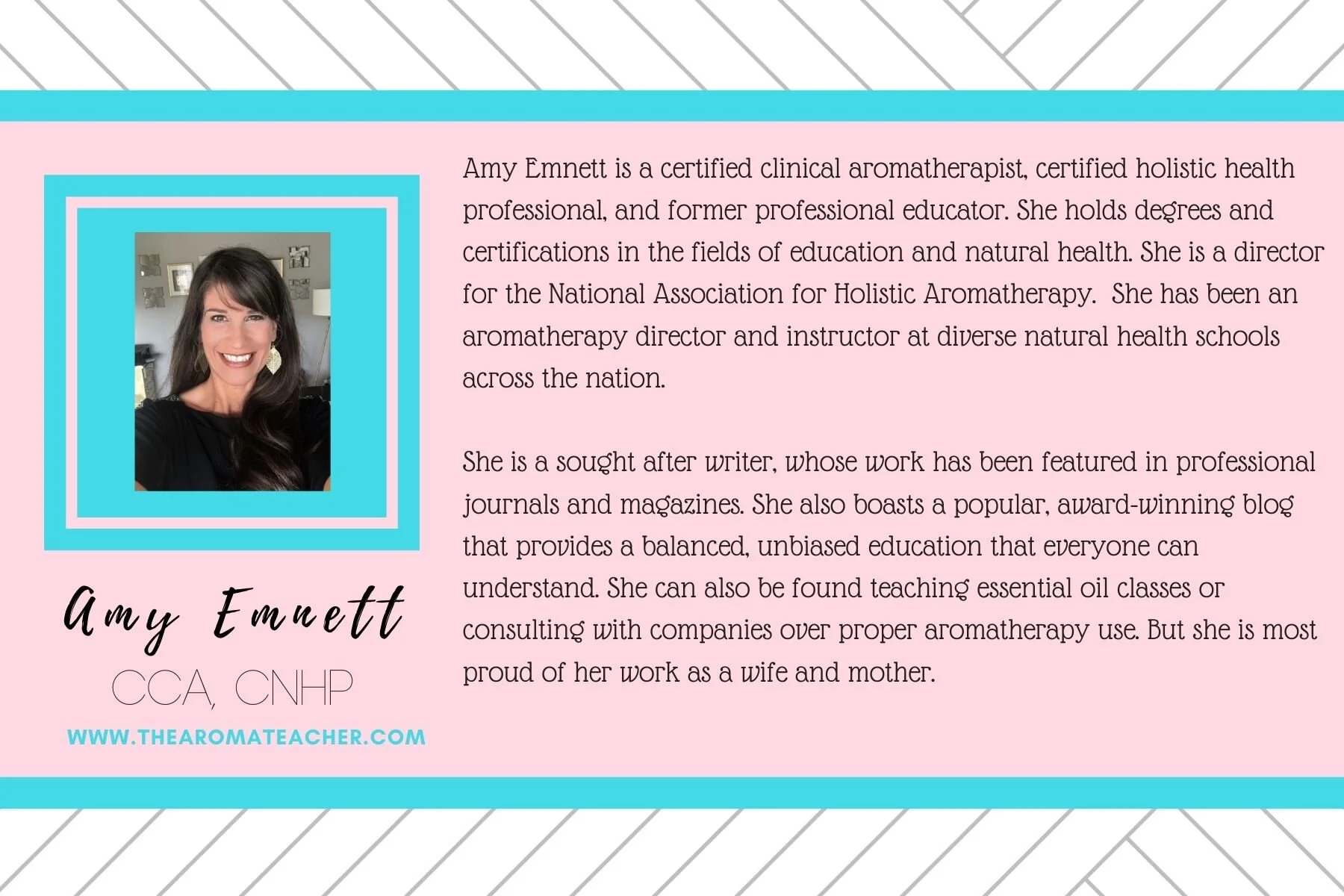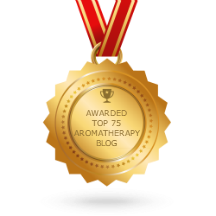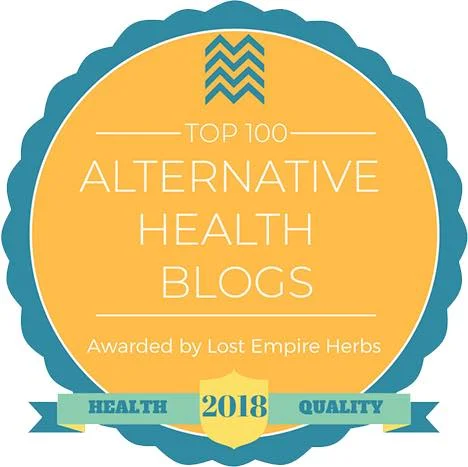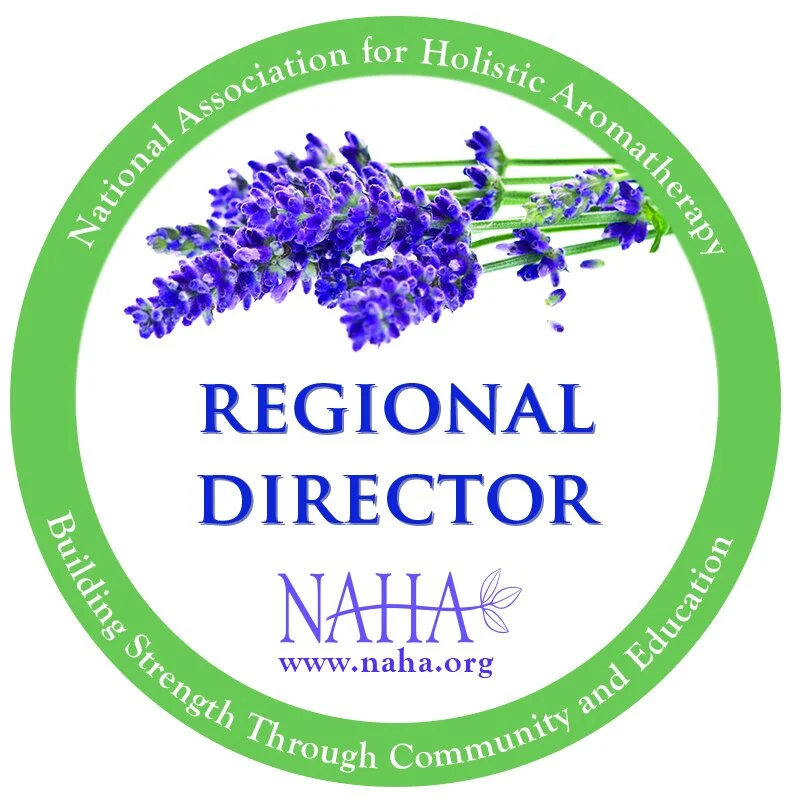As a parent, I often question if I am doing the right thing when it comes to my children. Do we send them to the right schools? Do we allow them to participate in enough extra curricular activities or are they in too many activities? Are we giving them too much freedom or not enough? Are we saying the right things to nurture their self esteem?
It's typical to second guess yourself. Raising children is only the most important job we can possibly have. The last thing we want to do is screw that up. We hold full responsibility for making sure these children, who we love more than life itself, become responsible, kind, and independent adults. That is no easy feat.
Health is an issue no parent takes lightly. "As long as they are healthy and happy" is an adage rehearsed by many parents. When confronted with any health issue concerning our children, we naturally tend to doubt ourselves. Should we try natural remedies? Should we try medication even though the side effects are scary? Should we get a second opinion? What if doing this makes it worse? Which is the better option?
Essential oils tend to be a suggestion when confronted with everything from the sniffles to dealing with an autistic child. Just like with anything else, you want to make sure you use them with your children safely and effectively. As a clinical aromatherapist who works with a lot of children, here are some things that every parent needs to know about using essential oils with their children.
1. Essential oils are not the answer to every problem.
Stop believing the marketing hype. Essential oils are phenomenal botanical resources but they are not the end all, be all. For skin issues, sometimes just a fatty or herbally- infused oil is suffice. For babies, a hydrosol can do the trick. For certain health issues, herbs or homeopathy would be a better choice.
If you want to nurture your child's overall health, you need to work on gut health and good nutrition. Essential oils are supportive and supplementary. Using them alone will not keep your child healthy. Real health comes from eating nutrient-dense foods, getting enough sleep, keeping properly hydrated, and getting some form of exercise daily. Essential oils can do many things but not everything. This myth is perpetrated by sales reps who want you to buy their products.
2. Not all essential oils are safe for children.
I have seen (and previously believed before I attended aromatherapy school), that all essential oils are okay with children as long as they are properly diluted. This is false. Some companies claim that their oils are always safe because they are pure. I would plead with you to please listen and take this to heart. It doesn’t matter what brand it is. It has to do with the chemical components of the essential oil, not the quality of the essential oil.
There are real risks and contraindications when it comes to essential oils and children. For example, essential oils like Wintergreen and Birch should be avoided via all routes in children. They can cause Reye's syndrome. Peppermint should be avoided for children under 3 due to the menthol content causing possible respiratory issues. You need to be aware of these guidelines and abide by them when using them at home.
3. Dilution is of the utmost importance.
While they may look like us, our children are not mini versions of us when it comes to organ development. Think of it this way. Would you give a baby the adult version of Tylenol? Would you give them the same dosage you give yourself? Would you insist to your doctor that your child should get the adult version because you think it would be more effective? No, of course not. Tylenol is highly concentrated substance and can be toxic if improperly used. Instead you use a lesser dose of a gentler version and can still achieve the results you are looking for. Same applies for aromatherapy in children.
When using essential oils topically, they need to be diluted at different percentages than adults. The general guidelines are:
Children 6 months - 2 years: 0.5% ( 2 drops of essential oil in 1 ounce of carrier oil)
Children 2 years-12 years: 1% (5-6 drops of essential oil in 1 ounce of carrier oil)
4. Stronger essential oils do not mean better essential oils.
You don't need the "four thieves" type blends whenever your children get ill. This combination is harsh and not necessary to get the job done. Did you know that citrus essential oils are also immune supportive? They contain high percentages of d-limonene, which has been shown to have immunostimulant activity in studies. You don't need to bring out the "big guns" and use harsh essential oils that may irritate the mucous membranes or be skin sensitizers when gentle methods can easily do the job.
5. Essentials oils are contraindicated with medications and medical conditions (even ADHD).
You know how doctors always ask what medications or supplements you are on when prescribing something new? It's because there are interactions between medications and other medications, supplements, herbs, and yes, even essential oils. How?
Essential oils can affect the rate of the detoxification of the drug.
Essential oils can support a physical action opposite of the drug’s intent.
Essential oils can support a physical action that is the same as the drug’s.
Just a few examples of things parents should be aware of: If your child has seizures, they need to avoid Rosemary. If they are on any SSRIs, they need to avoid the "blue" essential oils (German Chamomile, Yarrow, etc.) If they have ADHD, lavender may make them more hyper and essential oils that have salicylate should be avoided.
6. Essential oils should not be used in your child's classroom.
I am a certified teacher and have been in the education field professionally since 2000. I get why teachers want to utilize essential oils in the classroom. They want to help the students focus, stay calm, and help with germs. But it is not a safe practice. A few points on why this is not recomemended.
Some children can have allergic reactions to essential oils.
Not all essential oils can have the same effect on each child. For example, while lavender may calm some kids, the ADHD kids get wired by smelling it.
Essential oils can trigger asthma attacks in some children.
Some children may have adverse emotional reactions to essential oils. Since inhalation of essential oils bring upon individualized emotional responses due to its direct connection to the limbic system of the the brain, certain essential oils can bring upon anger, despair, bad memories, etc.
It's a liability. We talked above about how they can interact with medications and medical conditions. I know teachers do not want to be held responsible for any adverse reactions that may happen.
7. Gentler methods should always be utilized first.
When using essential oils to help support the body, start with the gentlest method first. That means gentle essential oil (gentle meaning essential oils with little or no known risks) with a low dilution. Diffuse only a few drops for 15 minutes. You don't need to diffuse Eucalytptus all night long. Would Eucalytptus work with your baby's cold? Possibly, but so would Lavender or Cedarwood or Siberian Fir.
Choose the one with the least amount of risk first. Start low and go slow. If that is not working, then feel free to try another essential oil or use a slightly higher dilution. You'd be surprised on how well children resonate with essential oils and how just a little can bring their bodies back into balance. Any essential oil needs to be processed by the body, so using the gentler essential oil first gives the body a chance of processing it easier. Remember, the younger the child, the more risks are involved.
8. avoid using the same ones daily.
I know the feeling of "hitting the jackpot" and finding something that works for your child. It's such a good feeling. But it is important to remember that overuse of the same essential oils daily can lead to sensitization. It would greatly sadden me, you, and your child if they could never use certain essential oils again. You can read more about sensitization here.
9. Every child is different.
What works to calm Bobby will not necessarily work with Sally. One thing that has become lost in the whole essential oils craze is that this modality is meant to be holistic, meaning we take the individual in mind. While online advice can be helpful to steer you in the right direction, that does not mean it's the best choice for your child. Proceed with caution and run it by a professional before using.
Individualized reactions do not apply just to the physical body. As mentioned above, essential oils can bring about emotions. Before using an essential oil with your child, do a cap test to gauge their reaction to it. Let the child smell the cap of the essential oil bottle (not directly from the bottle). If the child is repulsed by the essential oil, don't use it with him or her. Please ignore the myth that "If you don't like the smell of an essential oil, that means you need it". I talk about that myth here.
10. If you are not sure how to use them, ask a professional.
As a professional myself, I get asked a lot how to use essential oils with children for certain issues. Most parents who contact me have no clue how to use essential oils but bought a kit from a friend or the internet. I am always happy to help out and relieved that these people contacted me for guidance. Education is so very important! That's why I offer a FREE email safety course for everyone to have access to free, reliable, professional advice on how to use essential oils safely with you and your family.
If you are unsure what is safe for your child, I highly recommend the book Essential Oil Safety by Robert Tisserand and Rodney Young. This book is full of scientific data that has been collected and analyzed by an aromatherapist (Tisserand) and chemist (Young). Consulting with a qualified aromatherapist (one with more than 200 hours of professional schooling) is another great option. A consultation permits a more holistic and customized approach to a child’s issues. This allows parents to become confident that they are using aromatherapy wisely with their children.
Next time you see a post on Facebook giving advice on aromatherapy, be sure to keep in mind the author’s education and experience. Just like you go to a doctor for medical advice or a mechanic for your car, you should seek advice from qualified aromatherapy professionals to ensure safety. Aromatherapy is an excellent way to introduce children to natural healing. Just make sure you are doing it safely so it’s a win-win for everyone involved.
Please SHARE this post and help out a mom who might be struggling knowing what is safe to use with her kids!





